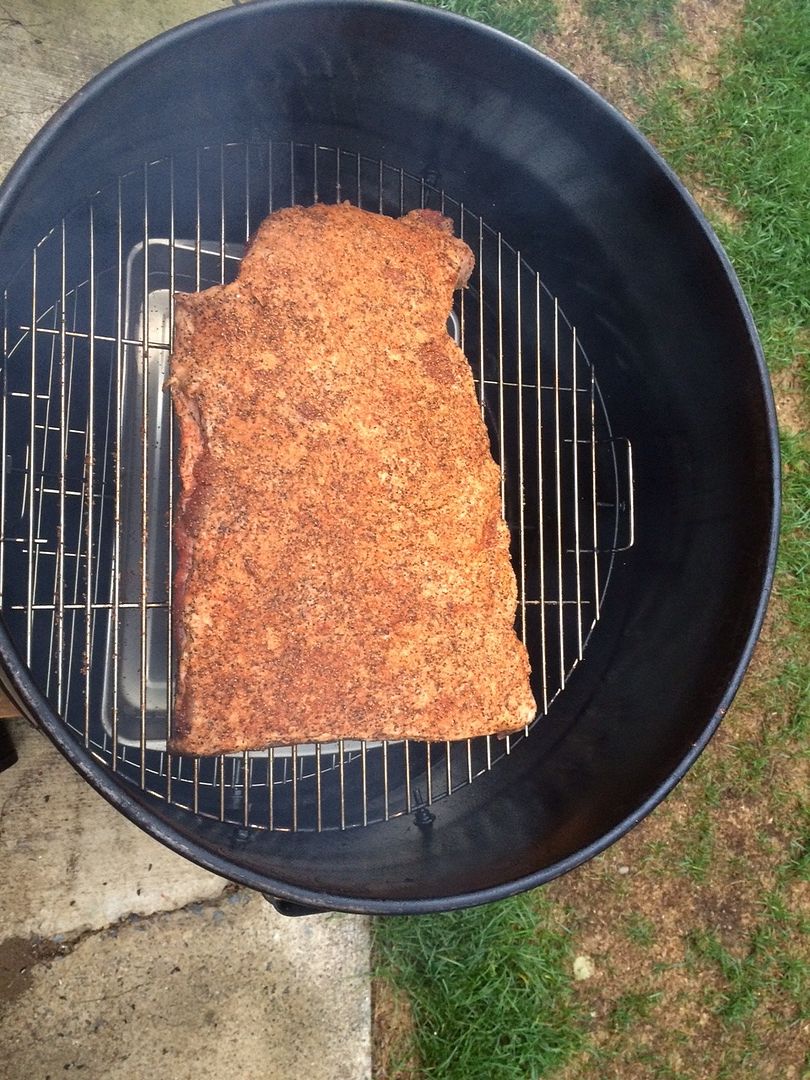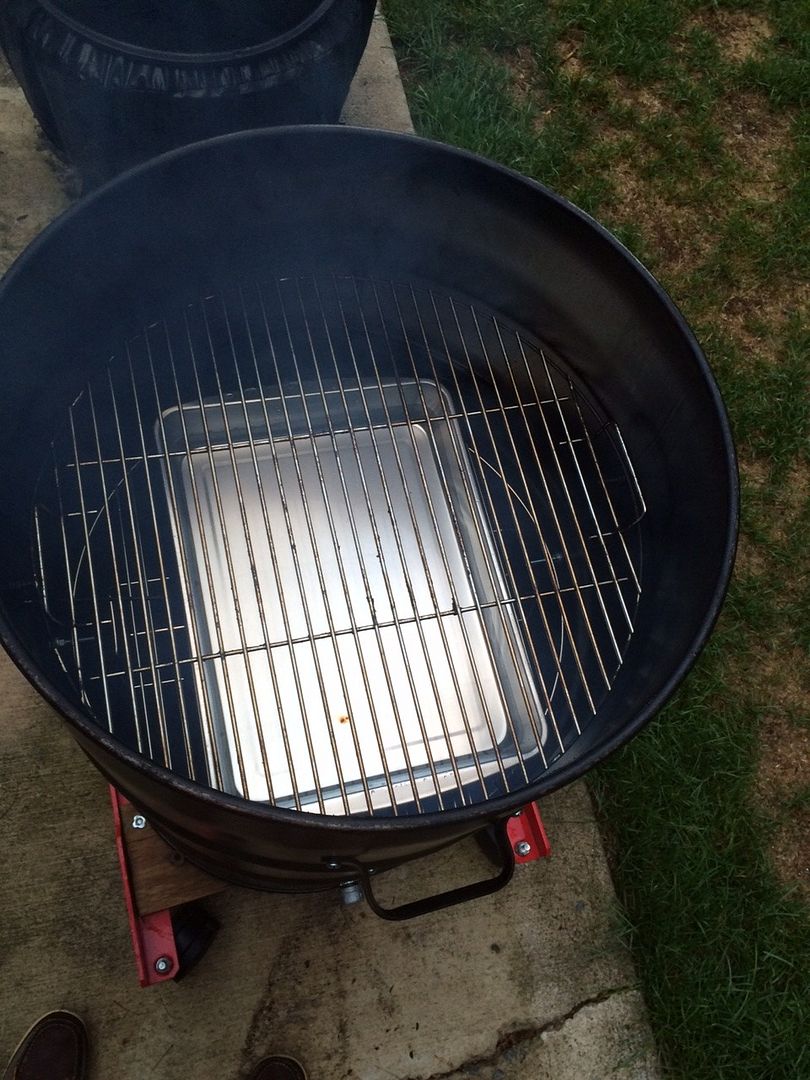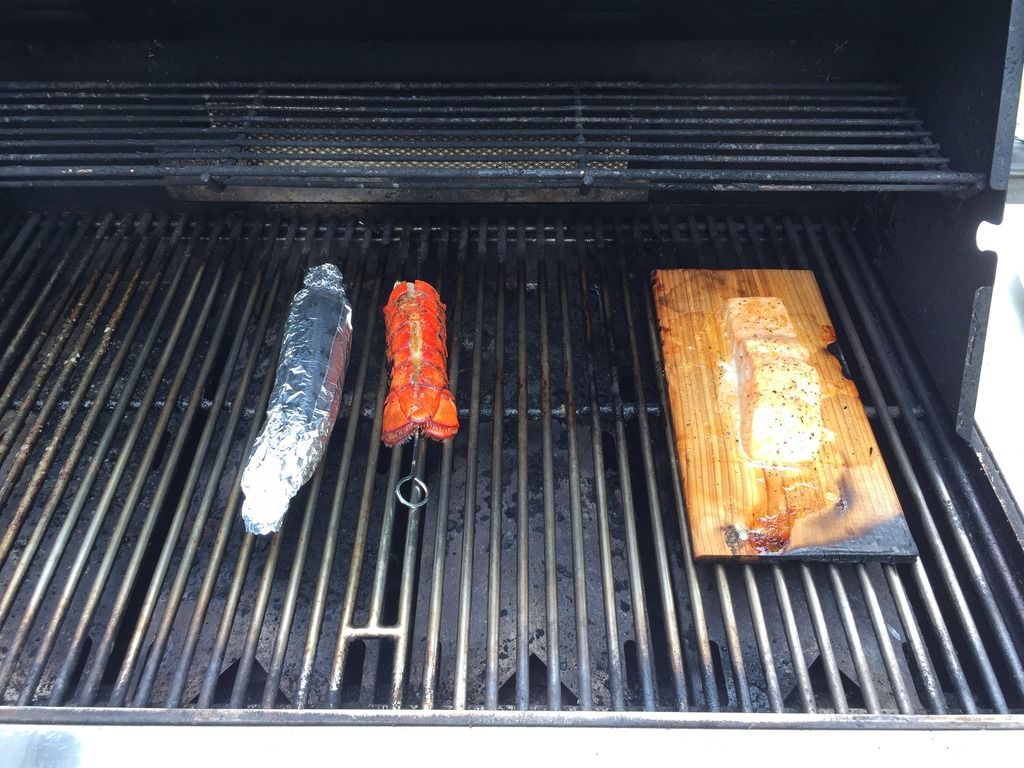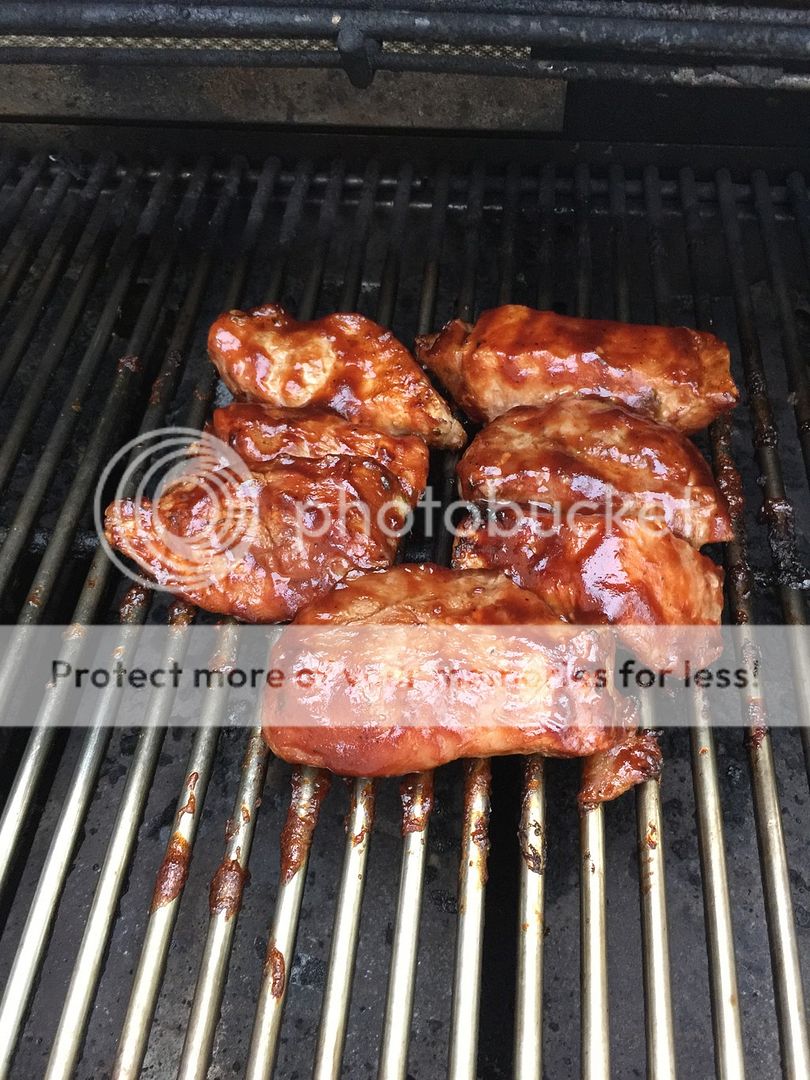I never thought I'd see a day when we'd pay $6 bucks a pound for cow belly. Guess I'm getting old like the rest of us...
My method for cooking brisket is a little different. I trim the packer brisket excessively - every single morsel of fat that I can cut off is removed. Of course in doing so, I end up with 2 briskets (one more fatty than the other).
I make my own dry rub with an assortment of my favorite stuff and apply it generously with a squirt of Lea-n-perrins. Then wrap it tight in a plastic bag and refrigerate for 24 hours.
I start out with a 350 deg. grille and sear all sides over direct heat for some good grill marks. then the brisket is wrapped tight and allowed to cook over indirect heat, about 225 degrees. At about 1 hour, I unwrap and remove the accumulated juice being rendered from the meat. Then it's re-wrapped and continue cooking. The juice is placed in a large bowl and put in the freezer to quickly solidify and separate the fat in the juice. The remaining juice is re-heated and combined with my homemade BBQ sauce. In addition to the usual ingredients, my sauce contains balsamic vinegar (that I got in Florence), apple juice, and raw (unprocessed) Louisiana cane sugar.
At hour 2, I apply a thin layer of the sauce and re-wrap. Depending on the size of the meat, it cooks tender in about 3-4 hours. I then unwrap and apply a thicker layer of the sauce. I then add more wood chips to the low fire and pass a little smoke over the barked sauce (not burnt). When everything looks right, I remove and let it sit for 20 minutes. Then slice it cross grain and serve with some dipping sauce. The smoke flavor is there, but it's not overpowering. I do have some bark, but it's relatively thin, which again, suits my personal taste. The meat is extremely lean, yet juicy and you can cut it with a plastic fork. It's taken me years to get that combination for brisket.
If I figure 1 pound per person at the grocery, I will be LUCKY if there is any left over for sandwiches.
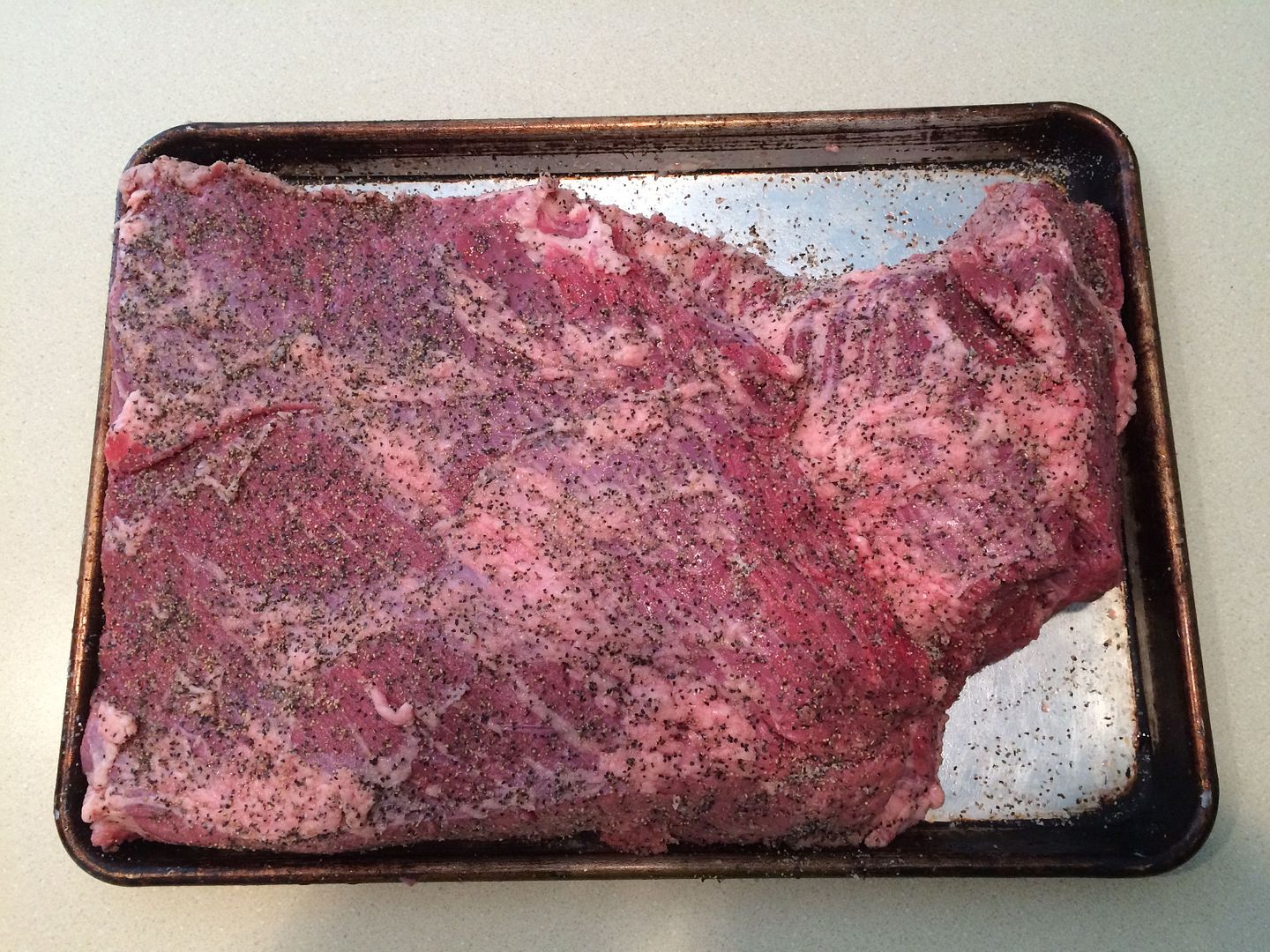




































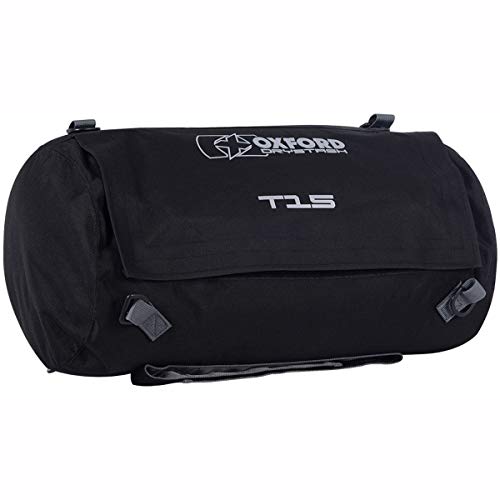
![Decrum Motorcycle Jacket Men - Mens Leather Jacket | [1100065] Austin Brown, XL](https://m.media-amazon.com/images/I/41HqZSRj6LL._SL500_.jpg)
















